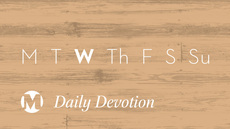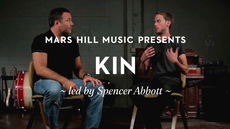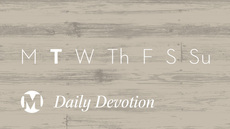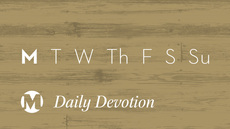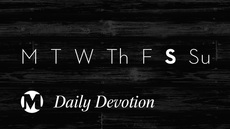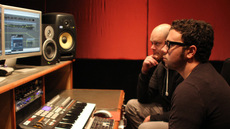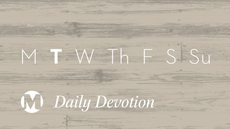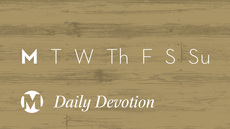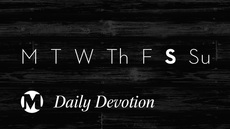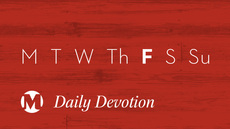Jon Dunn, our network music manager who oversees the worship bands at all the Mars Hill churches, was recently interviewed by Worship Leader magazine on what it means to have music that reflects the local community. Here’s an excerpt from the Q&A.
Worship Leader: What will the difference be between the music you release and something that other churches with labels, like Hillsong, releases? How will it be similar?
Jon Dunn: I’ve got a little anecdote to make my point. When I was 12 I took a few guitar lessons, and on the first day, the guitar teacher said to me, “Music is a language, and there are many different dialects that people use to communicate.”
That really stuck with me for some reason, and I have viewed music through that lens since then. You have dialects (or you could say genres) that speak to different people in different places and at different times. You can trace many of the origins of movements and music to cultures, communities, and points in time. And there were situations within those communities that the music intended to address. And through all of these conditions, music genres were formed.
And that’s the whole point of what we do and why: we want to get the message of the gospel out through music in the dialects (or genres) of the cities God has called us to.
To stretch the analogy, so many other churches and labels have done an amazing job of engaging their cultures, and struck a broad chord that resonates with a broad dialect across the globe. Mars Hill is 14 churches across four states, and each one has its own dialect. We’ve really been blessed with amazingly talented musicians who are from those cultures and because of that, we sound like our cities, [each of] which is unique.
Of course the common bond is that we’re worshiping the one true God and proclaiming the gospel through music to the cultures we find ourselves in.
WL: Church music has a reputation for being somewhat behind in quality when compared to secular/mainstream music. Whether that is accurate or not, why do you believe Christian music is seen this way? How will you try to change that?
JD: Much of church or “Christian” music is written for a broad appeal in a familiar voice to Christian popular culture, and that’s great! If 10,000 voices can join together with one song and arrangement across the globe and worship Jesus, that’s awesome. The broader culture can judge that and say, “Wow, those guys are 10 years behind everyone else.” If our focus on writing is for broad appeal to every church, that will come out through our songs. But if our focus is to write to a specific people at a specific place at a specific time, then that music is going to sound vastly different. Music written for a broad appeal typically isn’t going to be the music that pushes a genre forward in its development.
Many of our musicians play in bands outside of the church, some who tour nationally and some who tour globally, many with established bands that would be considered culture makers in the music world. And we’re blessed to have them leading our congregations on Sunday. We’ve had musicians play Saturday Night Live on NBC, then take a red-eye flight home to lead music first thing Sunday morning at their church. It’s a tremendous blessing to have that caliber of musicianship, and we give them the freedom to worship through song in the style that communicates to them, and communicates to our cities, rather than trying to make everything uniform is sound. In the process, we end up with a huge array of styles.
Our mindset is not to be different than anything, but to focus on mission that God calls us to in the cities our churches are in. That means that our music ends up sounding different than a lot of others. The word “missional” tends to be overused but this is our whole intention. The musicians are ministering to a specific people at a specific time and place rather than just using a homogenous music template. Again, there’s nothing wrong with that, but it’s just not what we do.
Read the full Q&A on Worship Leader’s site.


